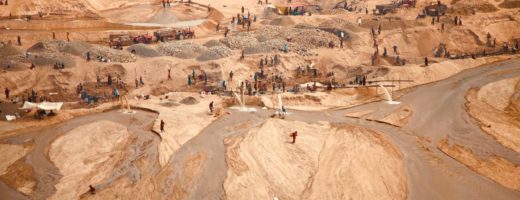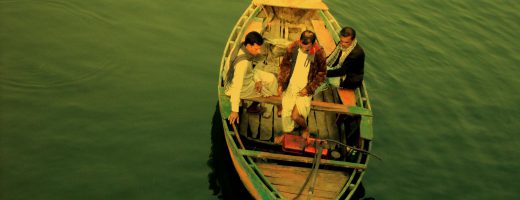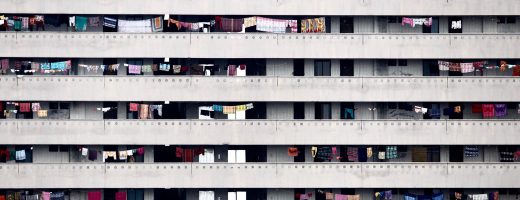by Rainer Ebert 30 January 2012 Babu and Arif have been friends from childhood. They went to school together, played on the same cricket team and had no secrets – except one, but only until recently. While they were out having phuchkas at a street stand somewhere in Dhaka, Arif suddenly slipped into an awkward
Bangladesh is among the most densely populated countries in the world and has a high poverty rate. However, per-capita (inflation-adjusted) GDP has more than doubled since 1975, and the poverty rate has fallen by 20% since the early 1990s. Dhaka and other urban centers have been the driving force behind this growth. The country has made significant progress in human development in the areas of literacy, gender parity in schooling and reduction of population growth. However, Bangladesh continues to face a number of major challenges, including widespread political and bureaucratic corruption, and discrimination against women and religious and ethnic minorities. LGBT human rights are not respected in Bangladesh, and there appears to be no organized movement to advance such human rights. And such acts of homosexuality will lead to imprisonment up to at least 10 years or even face the death penalty. Also see: Islam and Homosexuality

Gay Life in Bangladesh
Arriving in Dhaka, the capitol of Bangladesh, is an instant immersion into a dense capitalistic present time that’s linked to an equally intense tradition of family and Islam. Anywhere a visitor looks there are hoards of people–dark faces, beautiful and weathered, young and old. But nowhere will one easily see anything that resembles a gay community. Homosexual life is a stealth subculture that thrives in secrecy yet enjoys the benefits of permissive friendship intimacy. However, for a first time gay visitor finding “Gay Life in Bangladesh” among the millions in Dhaka is not difficult thanks to the internet and extensive friendship networks.
Gay Bangladesh
Guest writer Martin Forman opens a small window onto the sly, furtive and suspicious gay ‘scene’ in the city of Sylhet, Bangladesh. This is followed by a level-headed essay by Afsan Chowdury, a native author, who writes: “there are gays in our Bengali society, and there is no sense in suppressing and stifling it.”



